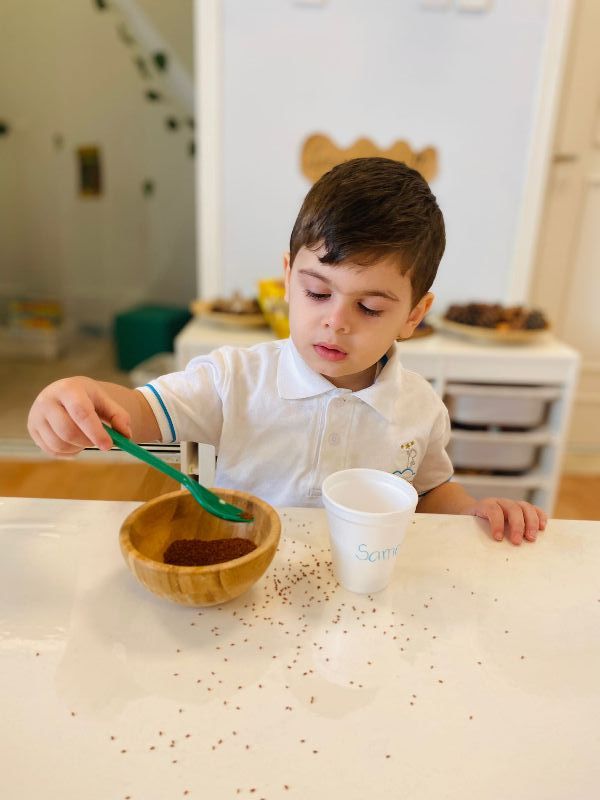It was 6:45 PM. The pasta was boiling over, the toddler was throwing Legos across the kitchen, and my older child was refusing to do homework. I could feel it rising—that heat in my chest, the tightness in my jaw.
And then it happened:
“Enough! I said CLEAN UP NOW!”
Silence. Then tears. Then guilt.
If this scene feels familiar, you’re not alone. Yelling often becomes the default when we feel overwhelmed, unheard, or unsure of what else to do.
But here’s the thing: while yelling may get quick compliance, it rarely brings connection. And it often leaves us feeling worse, not better.
So… Can you actually parent without yelling? And more importantly—does it even work?
Let’s talk about what the research says, what it actually looks like in real homes, and the tools that can help you shift from reactive to responsive parenting.
The Impact of Yelling on Children (and Us)
Yelling, especially when it’s chronic or intense, doesn’t just bounce off young ears. It has real effects—on your child’s brain, behavior and emotional development.
Here’s what yelling can lead to:
- Increased anxiety: Loud, unpredictable voices activate the brain’s stress response.
- Behavioral issues: Children often become more defiant over time, not less.
- Shame and low self-esteem: Children may internalize yelling as “I’m bad,” not “I did something wrong.”
- Weaker parent-child connection: Children may tune out or pull away emotionally.
- Modeling poor emotional regulation: They learn yelling is how problems get solved.
But perhaps just as important—it impacts you, too. Most parents who yell don’t feel empowered afterwards. They feel regretful, defeated, and stuck in a cycle.
What Happens When You Stop Yelling?
The transition from yelling to calm parenting is not magical—it’s messy, humbling and deeply rewarding.
Here’s what you can realistically expect:
- Your child won’t change overnight. In fact, they might test you more at first.
- You’ll need to practice managing your own emotions in real time.
- You’ll realize that connection creates cooperation far more than fear.
- You’ll begin to build trust, even through conflict.
- You’ll model emotional control—the very thing we hope our children will learn.
Calm parenting doesn’t mean letting children walk all over you. It means setting firm limits without losing yourself in the process.
5 Tools to Parent Without Yelling
- Recognize Your Triggers
Do you yell more when you’re tired? Hungry? Under pressure to be somewhere?
Name your triggers. Knowing them helps you plan around them, rather than react blindly.
✨ Quick Tip: Keep a “Trigger Tracker” for a few days—just a notebook or phone note where you write when and why you yelled. Patterns emerge quickly.
- Create a Calm-Down Routine (For You)
Before we ask children to regulate themselves, we need a strategy too.
Try this 3-step reset:
- Pause (Even 3 seconds matters)
- Exhale slowly
- Say one grounding phrase like, “I can choose calm.”
📥 Download our Calm-Down Script for Parents to have ready when emotions run high.
- Use Connection Before Correction
When your child misbehaves, connection builds a bridge to better behavior.
Instead of, “How many times do I have to tell you?!” try:
“You’re having a hard time listening. What’s going on?”
Or simply get down on their level, make eye contact and offer a gentle hand.
Connection diffuses power struggles. It doesn’t mean giving in—it means you’re working with them, not against them.
- Use Clear and Calm Language
Yelling often replaces unclear expectations. Be specific and consistent.
Instead of:
“Stop being so annoying!”
Try:
“I need you to keep your hands to yourself right now. Let’s take a break.”
🧠 Bonus: The more you stay calm, the more your child learns to calm down too. Their nervous system mirrors yours.
- Practice Do-Overs
Slip-ups are inevitable. Yelling will still happen sometimes. When it does, model repair.
Say:
“I was feeling really frustrated and I yelled. That wasn’t okay. Let me try again.”
Do-overs teach children that mistakes don’t make us bad—they just mean we’re learning. And they build an environment of emotional safety.
Final Thoughts: Calm Doesn’t Mean Weak
Yelling isn’t a failure—it’s a signal. A red light on the dashboard saying something needs your attention.
When we respond to that signal with curiosity instead of shame, we grow—both as parents and people.
Gentle parenting isn’t about being passive. It’s about leading with connection, calm, and consistency.
You won’t always get it right. But every moment is a chance to try again—and show your child that love doesn’t have to be loud to be strong.
💡 Try This: The 3-Day “No Yelling” Trial
For the next three days:
- Commit to zero yelling
- Use your calm-down routine when triggered
- Reflect each evening on what worked—and what didn’t
It’s just three days. But it could change everything.
💬 Need more tools to raise emotionally aware, empathetic children?
Check out these next:










